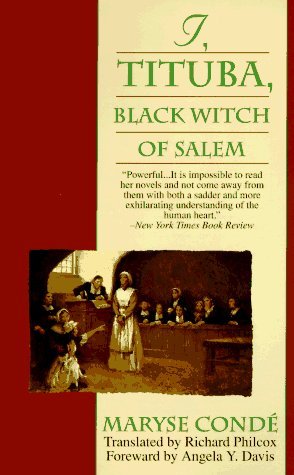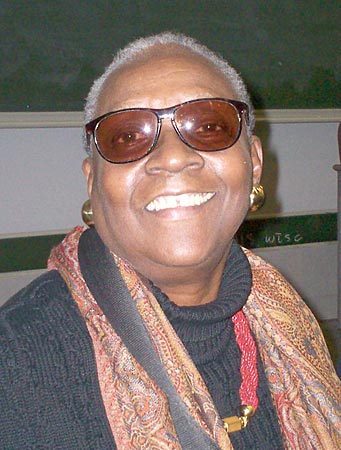
At the age of seven, Tituba watched as her mother was hanged for daring to wound a plantation owner who tried to rape her. She was raised from then on by Mama Yaya, a gifted woman who shared with her the secrets of healing and magic. But it was Tituba's love of the slave John Indian that led her from safety into slavery, and the bitter, vengeful religion practiced by the good citizens of Salem, Massachusetts. Though protected by the spirits, Tituba could not escape the lies and accusations of that hysterical time. As history and fantasy merge, Maryse Condé, acclaimed author of Tree of Life and Segu, creates the richly imagined life of a fascinating woman.
Author

Maryse Condé is a Guadeloupean, French language author of historical fiction, best known for her novel Segu. Maryse Condé was born as Maryse Boucolon at Pointe-à-Pitre, Guadeloupe, the youngest of eight children. In 1953, her parents sent her to study at Lycée Fénelon and Sorbonne in Paris, where she majored in English. In 1959, she married Mamadou Condé, an Guinean actor. After graduating, she taught in Guinea, Ghana, and Senegal. In 1981, she divorced, but the following year married Richard Philcox, English language translator of most of her novels. Condé's novels explore racial, gender, and cultural issues in a variety of historical eras and locales, including the Salem witch trials in I, Tituba: Black Witch of Salem and the 19th century Bambara Empire of Mali in Segu. In addition to her writings, Condé had a distinguished academic career. In 2004 she retired from Columbia University as Professor Emeritus of French. She had previously taught at the University of California, Berkeley, UCLA, the Sorbonne, The University of Virginia, and the University of Nanterre. In March 2007, Condé was the keynote speaker at Franklin College Switzerland's Caribbean Unbound III conference, in Lugano, Switzerland.